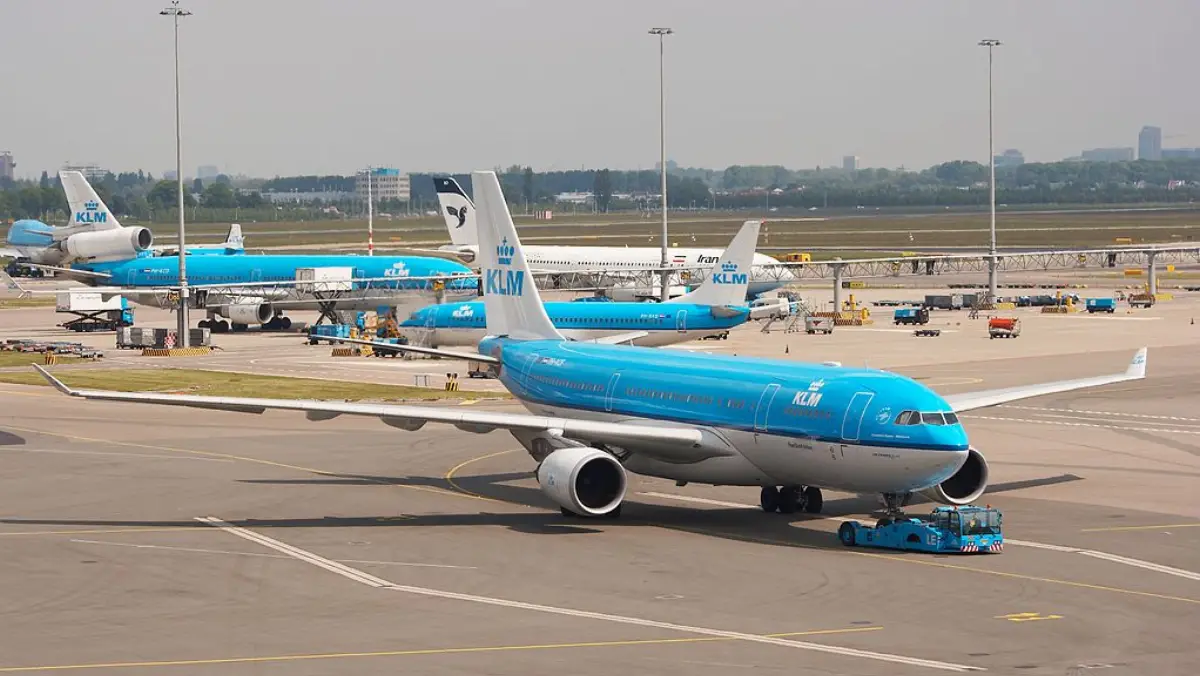
Passengers with disabilities: what difficulties
Pay attention to the law differences between USA-EU

Passengers with disabilities travelling by airplane between Europe and the United States should be aware that on the other side of the Atlantic Ocean there are different laws regulating air transport operations. Jill Moore and her husband, both in wheelchairs, know this well. On the outbound trip from Minneapolis to Amsterdam, they encountered no problems, while on the way back they began immediately after check-in.
"In the European Union there is a 'medical' mentality regarding disability and it is very widespread. It means that if there is something to solve: the problem is you, not the inclusive procedures" of airlines and airports, said Moore, who often travels by plane and also works to protect the rights of passengers with disabilities.
This is the story of their return flight with the Dutch airline KLM: "We felt really comfortable and it was fantastic both on the way there and on the way back, but the way they treated us was jarring". In fact, they had been rejected at Amsterdam airport check-in due to the fact that they did not have a caregiver". Although "my husband and I were both perfectly capable of taking care of ourselves on the flight, we were denied boarding".
This is the reply from the air carrier KLM: "The rules of the American Department of Transportation for the acceptance of passengers with disabilities differ in some points from those of the European Union. According to European regulations, passengers are required to give 48 days' notice hours for requests for special services". In the end the couple missed the flight and re-booked their tickets with the American airline Delta Air Lines. "A dehumanizing experience", said Moore.
AVIONEWS - World Aeronautical Press Agency